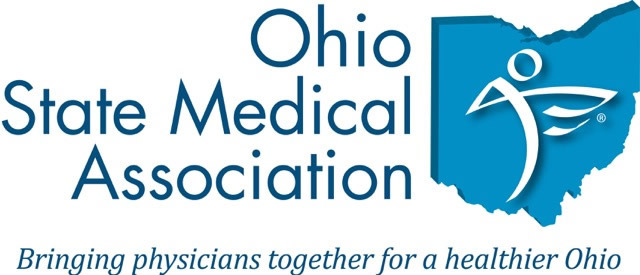Insurance Reform
Prioritizing Patients & Healthcare Providers Over InsurersOSMA is thrilled to be leading a major campaign in support of a series of legislative proposals that seek to put patients' interests over insurance companies—keeping medical decision-making in the hands of physicians, and shedding light on the massive burdens put on our healthcare system and providers by insurance companies.The insurance reform legislation we are supporting (see details below) will bring much-needed transparency to the insurmountable power insurers have gained in the healthcare system. |
–––––––––––––––––––
We need your support!
Interested in sharing your experiences with legislators or testifying?
If you have meaningful data or examples to illustrate the burdens insurers are placing upon you, your practice, and your patients, we need to hear from you. Your stories will support our advocacy for these legislative initiatives.
OSMA is thrilled to see commitment by members of both the House and Senate to put patients' interests over insurance companies. Here are the initiatives: MEMBERS: Download Flyer Resource >
No Fees for EFTsVICTORY: SB 166 • SPONSOR: Sen. Nathan Manning (R-North Ridgeville) • April 1, 2025
| Biomarker TestingHB 8 • SPONSOR: Rep. Andrea White (R-Kettering)
|
Prostate Cancer ScreeningHB 33 • SPONSOR: Rep. Dontavius Jarrells (D-Columbus) and Rep. Mark Johnson (R-Chillicothe)
| Prior Authorization “Gold Card”HB 214 • SPONSOR: Rep. Kevin Miller (R-Newark)
|
Network AdequacyHB 219 • SPONSOR: Rep. Kellie Deeter (R-Norwalk)
| Prior Authorization: Retroactive Denials, Peer to Peer, AppealsHB 220 • SPONSOR: Rep. Heidi Workman (R-Rootstown)
|
Breast Cancer Screening and ExaminationHB 271 • SPONSOR: Rep. Jean Schmidt (R-Loveland) and Rep. Josh Williams (R-Sylvania Twp.)
| Collection of CopaysHB 390 • SPONSOR: Rep. Jean Schmidt (R-Loveland)
|
Prohibit Reimbursement ReductionHB 429 • SPONSOR: Rep. Jim Hoops (R-Napoleon)
| Regulate the Use of Artificial Intelligence by Health InsurersHB 579 • SPONSOR: Rep. Jean Schmidt (R-Loveland)
|
Non-Medical SwitchingSB 160 • SPONSOR: Sen. Terry Johnson (R-McDermott) and Sen. Beth Liston (D-Dublin)
| Takebacks/ClawbacksSB 162 • SPONSOR: Sen. Bill Blessing (R-Colerain Twp.)
|
Transparency in Health Plan Use of AISB 164 • SPONSOR: Sen. Al Cutrona (R-Canfield)
| Automatic Downcoding & Prudent LaypersonSB 165 • SPONSOR: Sen. Susan Manchester (R-Waynesfield)
|
Copay AccumulatorsSB 207 • SPONSORS: Sen. Susan Manchester (R-Waynesfield) and Sen. Beth Liston (D-Dublin)
|
